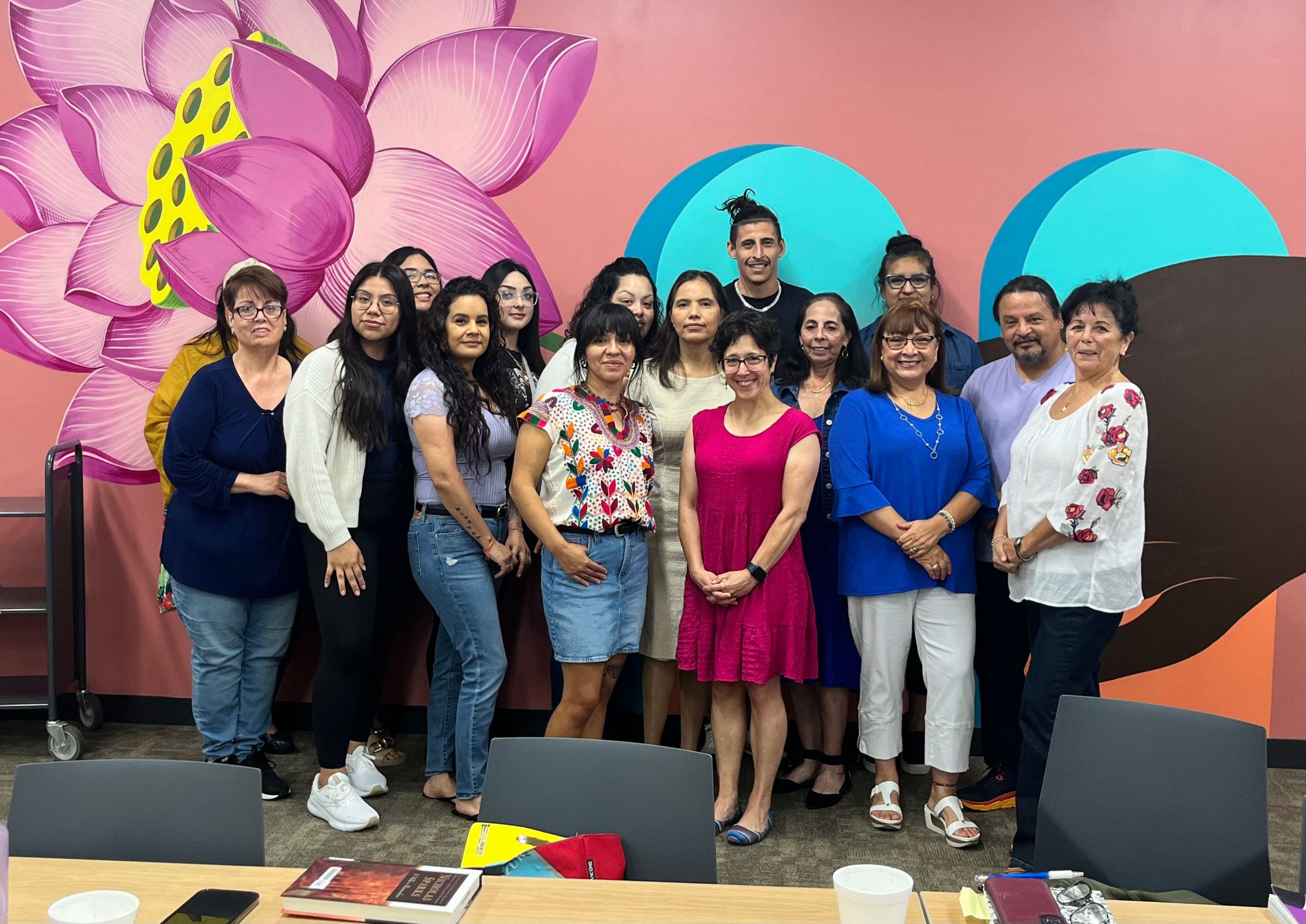By Francisco “Paco” Martínez and Rachel Showstack
If you are a clinician in the United States who cares for patients whose preferred language is not English, one of the most important things you can do to ensure that you provide optimal care for your patients is to learn how to collaborate with interpreters in all the modes of interpreting available in your organization. In this blog post, we provide some basic information to prepare you to care for patients who need language access for care.
Most healthcare entities participate in Medicaid or Medicare or otherwise take federal funds, and all such organizations are required to abide by Title VI of the Civil Right Act. Additionally, if your organization is certified by the Joint Commission, there should be a language access plan providing guidelines for language access services for patients with Limited English Proficiency. This plan helps you understand the types of qualified interpreting services available to you (i.e., in-person, video remote, or over-the-phone). As a responsible healthcare professional you must be familiar with these services to improve care access for these patients.
Once you are working with an interpreter, it is highly recommended that you know how to:
- prepare the interpreter for the encounter
- communicate with the assistance of an interpreter, and
- interact with the intention of thorough communication
Our recommendation of preparing the interpreter for the encounter, refers to what is known as the “pre-session” in which the clinician briefs the interpreter about the patient and the patient’s condition before entering the exam room. The information you provide the interpreters helps them open their mental glossary for your specialty and prepare for potential cultural aspects of the visit. Remember that some patients may have cultural beliefs that can affect care. The pre-session also provides the interpreter with an opportunity to review the basic guidelines for optimizing communication in the interpreted session and remind you that everything that is said will be interpreted. The last step to the pre-session, critical for the patient understanding of the interpreting service, is the brief pre-session the interpreter has to perform in the room to set and agree to the guidelines for optimal communication: that everything will be interpreted, and that all information shared will be confidential and protected for the patient’s privacy.
Our recommendation to communicate effectively with the assistance of an interpreter involves several steps to consider in every care encounter:
- To create a good relationship with your patient it is important to look directly at the patient when you are speaking to them, which will encourage your patient to look at you rather than turning to see the interpreter.
- If the space allows it, ask the interpreter to sit or stand next to and slightly behind you.
- Practice using simple, plain language in shorter sentences to allow for clear interpreting.
Finally, if you really aim to achieve a safe and thorough communication in every interpreted encounter as you do when caring for someone who speaks English, we suggest that you make sure you understand everything your patients need for their visit, and that they also understand what they need to do during and after their care visit. This means that you need to be aware of the principles of health literacy and always use plain language and the teach-back method. Following these principles and techniques allow you to avoid misunderstandings about care plans that can lead to incorrect medication doses and other problems.
To learn more about these key skills visit the Agency for Research and Quality: ARHQ.
Because some clinicians have received limited training on how to collaborate with interpreters and because many clinicians may need a refresher on this topic, Alce su Voz is preparing to offer a variety of educational opportunities for clinicians, medical students, and nursing students. These include two types of professional development videos, in-person workshops, and interprofessional simulations of patient care encounters.
Alce su voz is a community-based initiative of Wichita State University whose mission is to improve health equity for Spanish speakers and speakers of Indigenous languages in the United States, with a focus on Kansas and the Midwest. For more information or to get involved, please send an email to alcesuvoz@gmail.com. You can also join our email list and follow us on Facebook.
